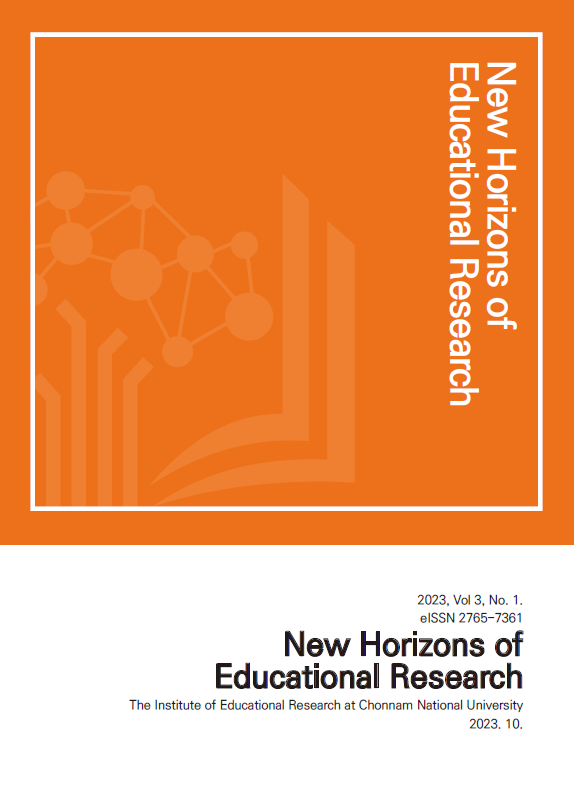Language Education Policies on Taiwan: A Case of Comparative Colonialism and Discourse Power
- 전남대학교 교육문제연구소
- New Horizons of Educational Research
- 제3권 제1호
-
2023.0339 - 56 (18 pages)
- 3

This article uses theoretical perspectives on colonialism and language planning to compare the language and education policies of two successive regimes on Taiwan: the Japanese colonial administration from 1895-1945, and the Republic of China from 1945 through the Cold War. The case of Taiwan reveals how blurry the distinction between oppression and liberation can become, and how this ambiguity can remain consistent across different regimes and geopolitical circumstances on the same population. This discussion includes some personal anecdotes from the author’s time in Taiwan, exploring how discourse is used to assert power by groups with competing cultural ideologies.
Introduction
Theoretical Perspectives
Historical Background: Taiwan Before 1895
Language Education under Japanese Colonial Rule: 1895-1945
Language Education under the Republic of China: 1945 – Cold War
Comparison and Contrast: A Critical Examination
Conclusion
(0)
(0)